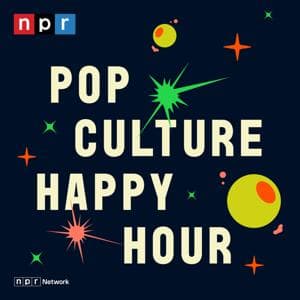Dr. Michael Barla is an early childhood educator and former higher‑ed faculty member who now works at the Anchor Center for Blind Children in Denver. In 2024, he completed a residential fellowship at the Clyfford Still Museum, where he designed a sensory‑based translation of a Clyfford Still painting for a young child with a visual impairment.
Jen Taylor is a teacher of students with visual impairments. She began her career in East Texas, spent several years at the Anchor Center, and now works in the Cherry Creek School District. Jen collaborated with Michael on conceptualizing and designing the multisensory translation of the artwork.
Taylor Kingsbery is the parent of Miko, the toddler who explored Michael’s translated artwork. Taylor brings a powerful perspective on accessibility, representation, and what it means to co‑create environments where disabled children can experience belonging and opportunity.
This episode explores what it means to translate fine art—not simply replicate it—for young children with visual impairments. Dr. Michael Barla shares how his residency at the Clyfford Still Museum evolved into a hands‑on project: reimagining a Clyfford Still painting (pH‑914) as a fully sensory experience for Miko, a two‑year‑old who is blind.
With deep collaboration from VI teacher Jen Taylor and insight from Miko’s mom Taylor Kingsbery, the project transformed color, texture, line, and movement into elements children can feel, hear, and explore with their whole bodies. We follow Miko’s visit to the museum—feet first, face pressed close, mapping the artwork from every angle—and learn how sensory access opens doors to representation, identity, and belonging.
The conversation expands from art to universal design, rightful presence, and why inclusion has to begin at the design stage—not as an afterthought. The guests remind us that co‑creation with families and communities is essential if we want places like museums, classrooms, and public spaces to welcome everyone.
Complete show notes and transcript: https://mcie.org/think-inclusive/how-museums-can-support-young-learners-with-visual-impairment-1316/



























